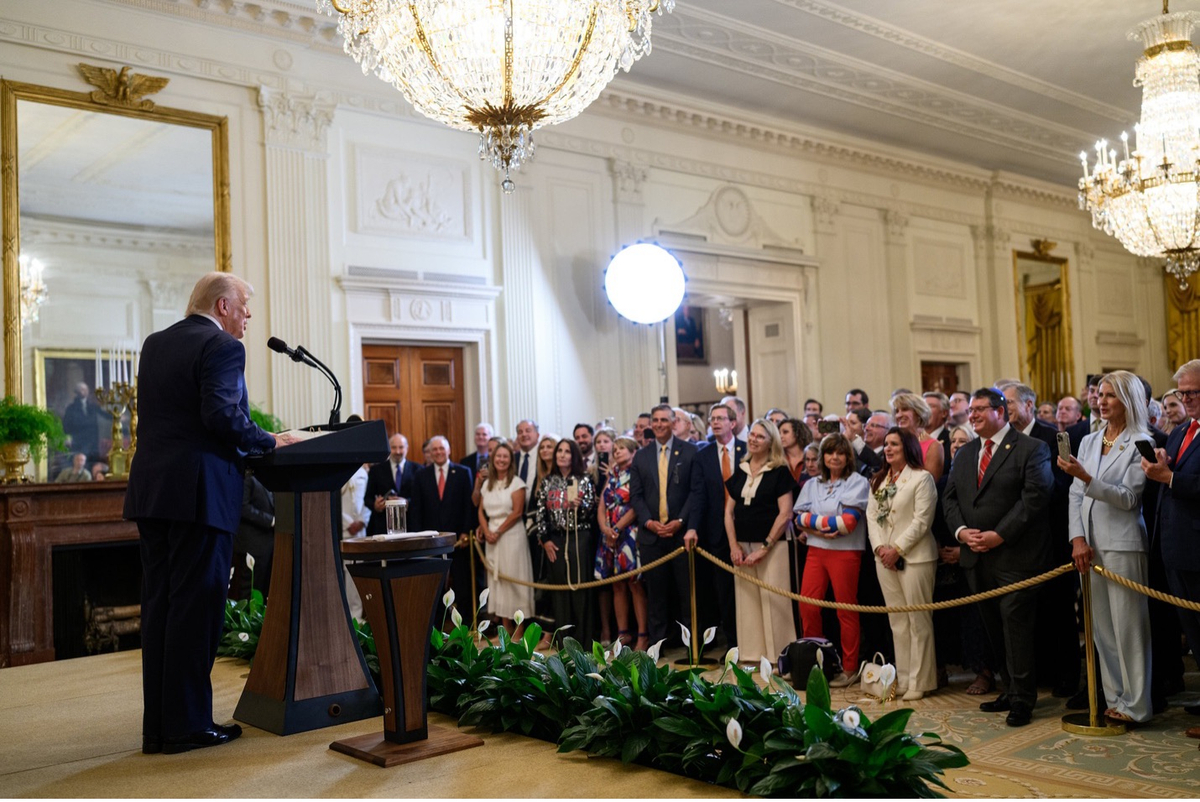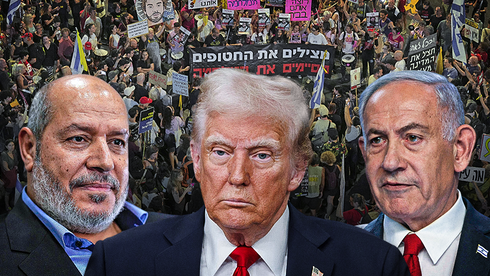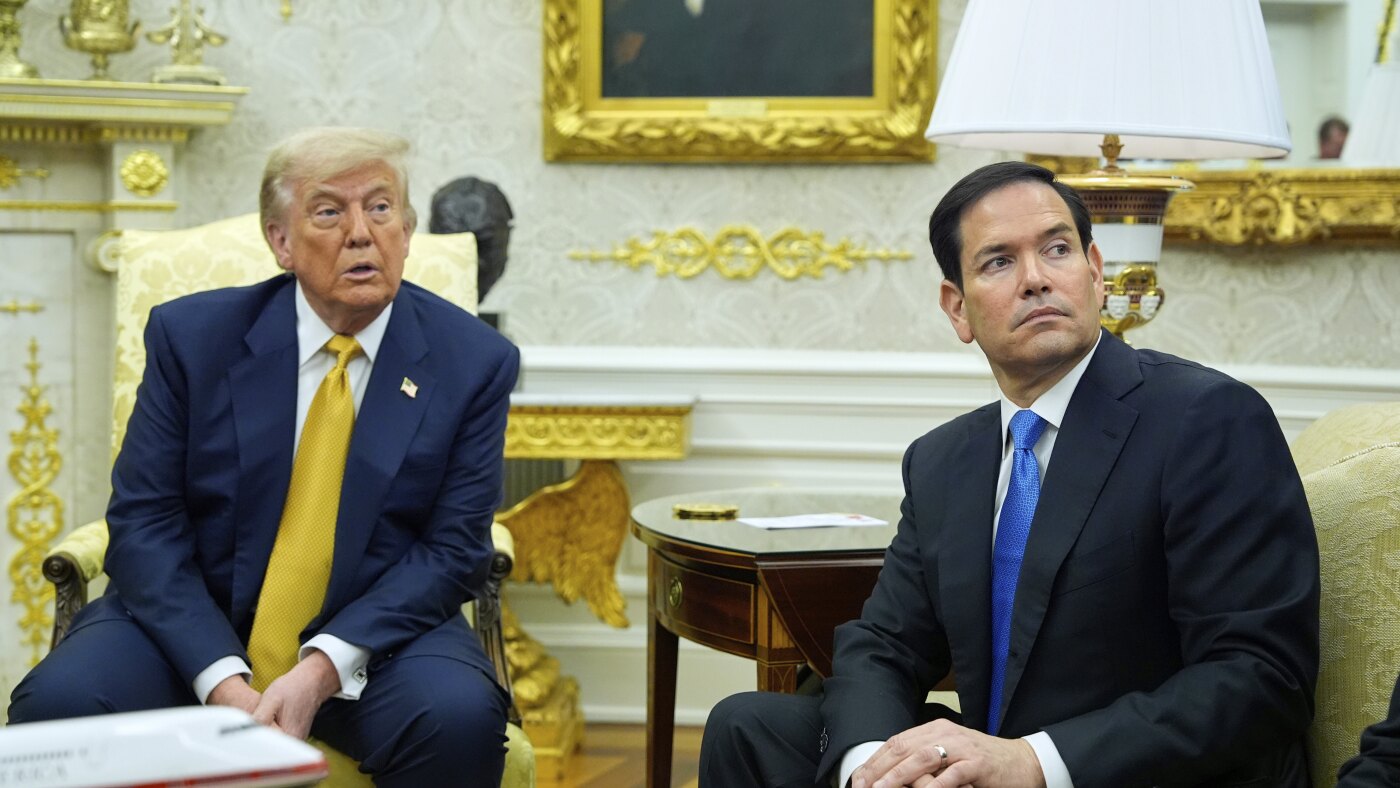T4K3.news
Leaders use flattery as diplomatic tool with Trump
World leaders are embracing praise in their dealings to foster better relations with President Trump.

World leaders now embrace flattery as a key strategy in dealing with President Trump.
Flattery shapes diplomatic engagements under Trump
Diplomatic interactions with President Trump have become increasingly characterized by flattery from global leaders. Prime Minister Keir Starmer of the U.K. presented Trump with a rare invitation from King Charles III, describing it as unprecedented. Similarly, Israeli Prime Minister Benjamin Netanyahu touted Trump's nomination for the Nobel Peace Prize, which the president received with delight. Observers note a shift in how world leaders perceive and interact with Trump during his second term. Unlike the skepticism faced during his first term, leaders now engage with compliments and praise, as they recognize the influence he wields in international matters. Diplomat Kurt Volker remarked that European leaders are adapting, acknowledging that favorable treatment could yield beneficial results. Trump's administration points to significant deals, with over twenty leaders visiting the White House, eager for favorable trade agreements. At the same time, Ivo Daalder explained that leaders have recognized the necessity of flattering Trump to ensure negotiations proceed smoothly, as he ultimately makes key decisions. This approach raises concerns about political pushback in their home countries, where Trump remains a contentious figure.
Key Takeaways
"He alone decides. And that means you have to deal with Trump in order to get any deal."
Ivo Daalder highlights the power dynamics of negotiating with Trump.
"You are flying into another big success in The Hague this evening."
Mark Rutte sends a flattery-laden message to Trump before NATO discussions.
"This is unprecedented, and I think that just symbolizes the strength of the relationship between us."
Keir Starmer describes the unique invitation to Trump, illustrating the relationship dynamics.
"Nothing is forever. You can go from [Trump's] nice list to the naughty list and back with some alacrity."
Justin Logan reflects on the unpredictability of Trump's leadership style.
The trend of world leaders flattering Trump reveals a tactical shift in global diplomacy. This strategy underscores a recognition of Trump's unique position in international politics. While praise may yield favorable outcomes for some leaders, it blurs the lines between genuine diplomacy and transactional politics. The situation creates a challenging dynamic. Leaders face domestic scrutiny for cozying up to a figure many of their constituents disfavor, all in the name of securing benefits. As global relations become more transactional, the implications for international cooperation could be profound. Understanding President Trump's desire to be viewed as a unique achiever may lead to temporary advancements, yet it risks fostering an environment based on sycophancy rather than substantive dialogue.
Highlights
- Flattery from world leaders is a new currency in diplomacy.
- To deal with Trump, leaders are learning the art of praise.
- In today's diplomacy, compliments can yield better deals.
- World leaders have found that flattery opens doors.
Political risks of excessive flattery
Leaders risk domestic backlash by overly praising Trump, who remains unpopular in many places. Their political futures could be at stake if constituents disapprove of such actions.
The trend suggests that in international affairs, perception often shapes reality.
Enjoyed this? Let your friends know!
Related News

Trump's pursuit of the Nobel Peace Prize draws international nominations

Congressional conservatives push for stricter sanctions on Russia

Israeli official states no deal with Hamas is imminent

Trump shuts down Macron's Palestinian recognition plans

State Department lays off experts focusing on China
Trump seeks name change for Washington football team
Major Healthcare Initiative Announced

Bitcoin reaches record high ahead of Trump's inauguration
